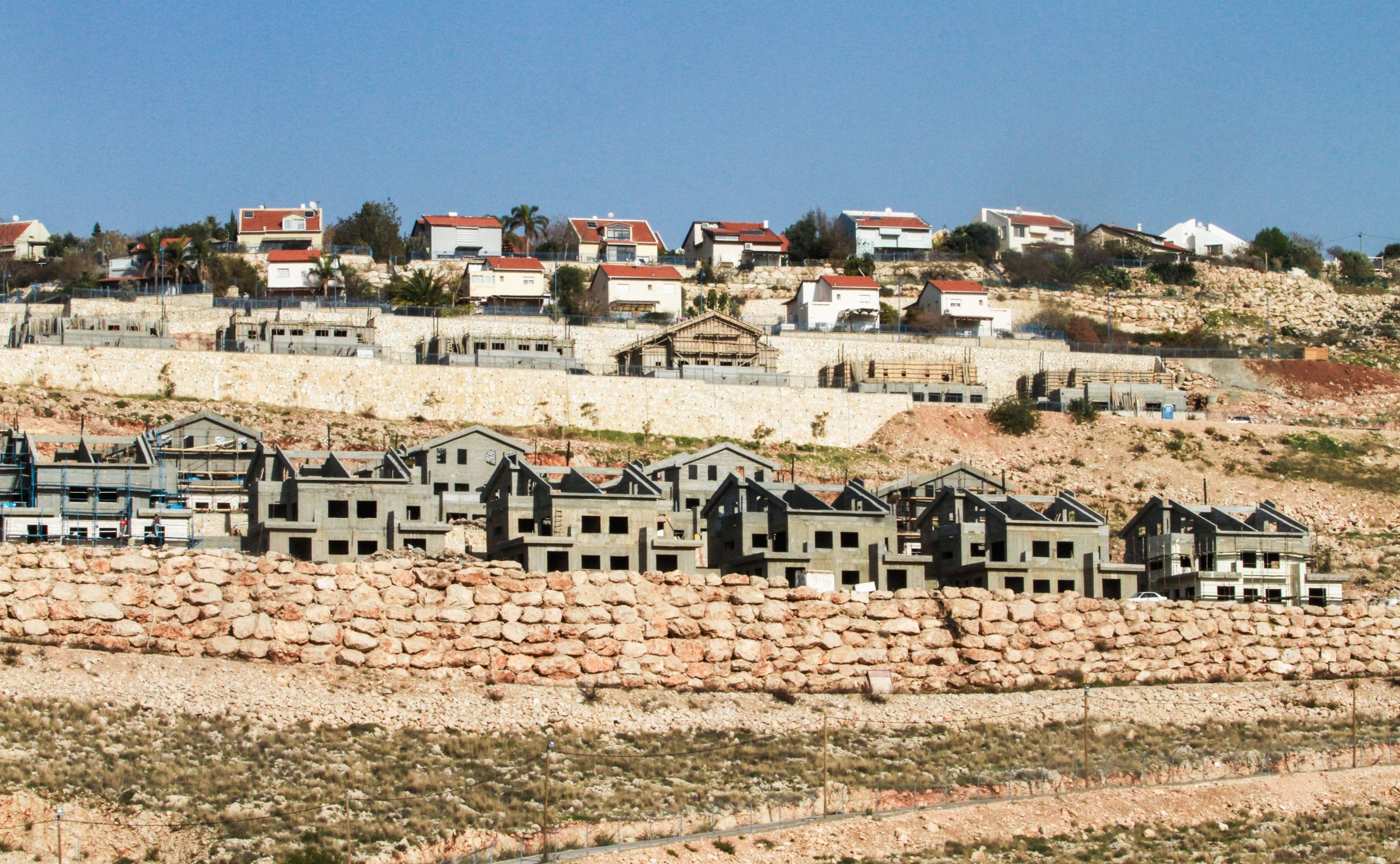
The approval of the "Regularization Law" by Israel's Knesset on Monday came as no surprise to Palestinians. The move now legalizes Israel's illegal settlement outposts built on private Palestinian land, and allows settlers to get retroactive recognition of their illegal settlements, thereby encouraging settlers to steal more Palestinian land. It came as no surprise because, for months, Israel's settlers have pressed for the passage of this law and pressed even harder for it following the United Nations Security Council resolution condemning Israel's settlements.
For Palestinians, this type of reaction is not new. Since the beginning of 2017, Israel has announced that it intends to build 6,000 new settlement units, including a new settlement in the West Bank, the first in 20 years. In addition, since January, Israel has demolished more than 30 Palestinian homes for "illegal construction" even though they were built on their Palestinian owners' land.
This law comes as a direct result of the Israeli court-ordered evacuation of the illegal outpost of Amona. There, the Israeli Supreme Court ordered that the theft of private Palestinian land is illegal and accordingly ordered that the settlers illegally squatting on this land be removed. But, unlike when Palestinian homes are demolished with bulldozers, accompanied by soldiers brandishing automatic weapons and batons, these settlers were evacuated by officers wearing baseball caps, who did not dare pull out a baton or automatic rifle even as the settlers threw bottles and stones at them.
The evacuation of Amona was a 20-year battle, with the Palestinian landowners deprived of the use of their land for two decades as the case made its way up through the courts. And, while the landowners were deprived, the 40 squatting settler families were handsomely compensated, receiving more than $10 million in exchange for leaving land that is not legally theirs. And, in addition to the financial compensation meted out by the state to reward theft, the Knesset has given the settlers an even larger reward—legalizing the theft of private Palestinian land, despite a Supreme Court ruling that bars the theft of private land.
But this is not a battle between settlers who seek to defy international law and the Israeli Supreme Court justices who seek to uphold international law. On the contrary, this is the same Supreme Court that has sanctioned the use of home demolitions as a form of punishment, that has ruled that assassinations of Palestinians, mass deportations and the cutting-off of fuel and electricity supplies to the besieged Gaza Strip are all permissible. Indeed, this is the same court that has sanctioned the construction of Israeli bypass roads and Israeli settlements, while only begrudgingly stopping the small number of outposts built on private Palestinian land.
Read more: Israel cuts $6 million in U.N. funding over settlements vote
In short, it is a court that continued to allow Israel's apartheid to flourish; indeed, it has given it legal cover. This is why today, in both the West Bank and East Jerusalem, the areas Israel captured in the 1967 Six-Day War, there are more than 700,000 Israeli settlers. In the West Bank, they control almost half of the entire territory, with much of it off-limits to Palestinians. This is why inside Israel more than 90 percent of land is considered either "state land" or land that "belongs" to the Jewish National Fund (and hence off-limits to Palestinians), according to Human Rights Watch, even though Palestinians continue to hold claims to this very land.
Whether giving the Israeli government the right to build settlements under the guise of "military necessity" or declaring Palestinian land "green spaces" or "military installations" and then later allowing the government to build settlements, this court has facilitated, rather than stopped Israel's settlement expansion and has facilitated, rather than stopped, Israel's theft of Palestinian land. So while international condemnation is welcome, it also stops short: for Israel's land theft is not new—it is the country's modus operandi.
Yet international law is clear: These settlements are illegal and amount to war crimes, whether the settlements are built with or without government sanction, and whether a kangaroo court, such as the Israeli Supreme Court, declares them legal or not. But there is a silver lining to all of this.
With the passage of this law, Israel has demonstrated to the world what settlements really are—a land grab. In other words, theft. And, as Israel's opposition leader Isaac Herzog, who is also an apologist for Israel's settlements has noted: "The train departing from here has only one stop—at The Hague," referring to the International Criminal Court where settlements are deemed a war crime. Indeed, he is correct.
Diana Buttu is a Ramallah-based political analyst and former advisor to Palestinian President Mahmoud Abbas and Palestinian negotiators.
Uncommon Knowledge
Newsweek is committed to challenging conventional wisdom and finding connections in the search for common ground.
Newsweek is committed to challenging conventional wisdom and finding connections in the search for common ground.
About the writer
To read how Newsweek uses AI as a newsroom tool, Click here.








